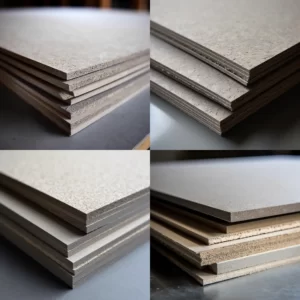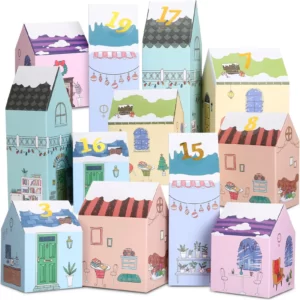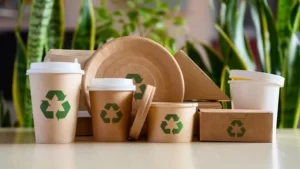Imagine a world without packaging boxes. It’s nearly impossible, right? From the food we eat to the products we buy, packaging boxes play a crucial role in preserving, protecting, and presenting items. In this article, we’ll explore the significance of packaging boxes across various industries and how they contribute to the success of businesses.

1. Introduction
Packaging boxes are an essential part of our daily lives. These boxes are more than just containers; they are a silent partner in the journey of a product from the manufacturer to the consumer. They safeguard the product, convey information, and often leave a lasting impression. Let’s delve into how packaging boxes have a significant impact on various industries.
2. The Basics of Packaging Boxes
Packaging boxes come in various shapes, sizes, and materials. They are designed to fulfill different functions, such as protecting the product, making it visually appealing, and providing necessary information to consumers. Boxes can be made of cardboard, paperboard, plastic, metal, and even wood, depending on the product’s requirements.
Key Points:
- Packaging boxes serve as a protective shield for products.
- They are versatile, available in various materials and designs.
- The choice of material depends on the product’s nature.
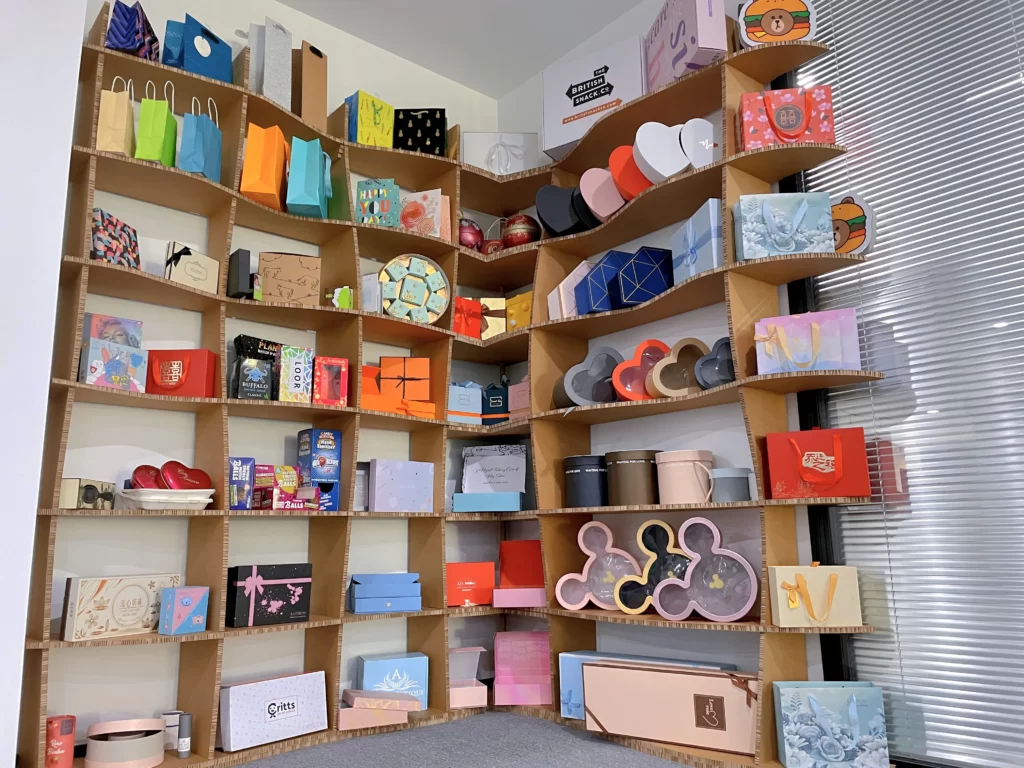
3. The Food Industry
Packaging boxes in the food industry are more than just a means of transportation. They play a critical role in preserving the freshness and quality of the food. Whether it’s the pizza box that keeps your favorite pizza warm or the milk carton that ensures the milk remains uncontaminated, these boxes are indispensable.
Key Points:
- Food packaging boxes maintain the quality and safety of food products.
- They often come with designs and prints that enhance the visual appeal.
- Proper packaging is crucial for hygiene and consumer confidence.
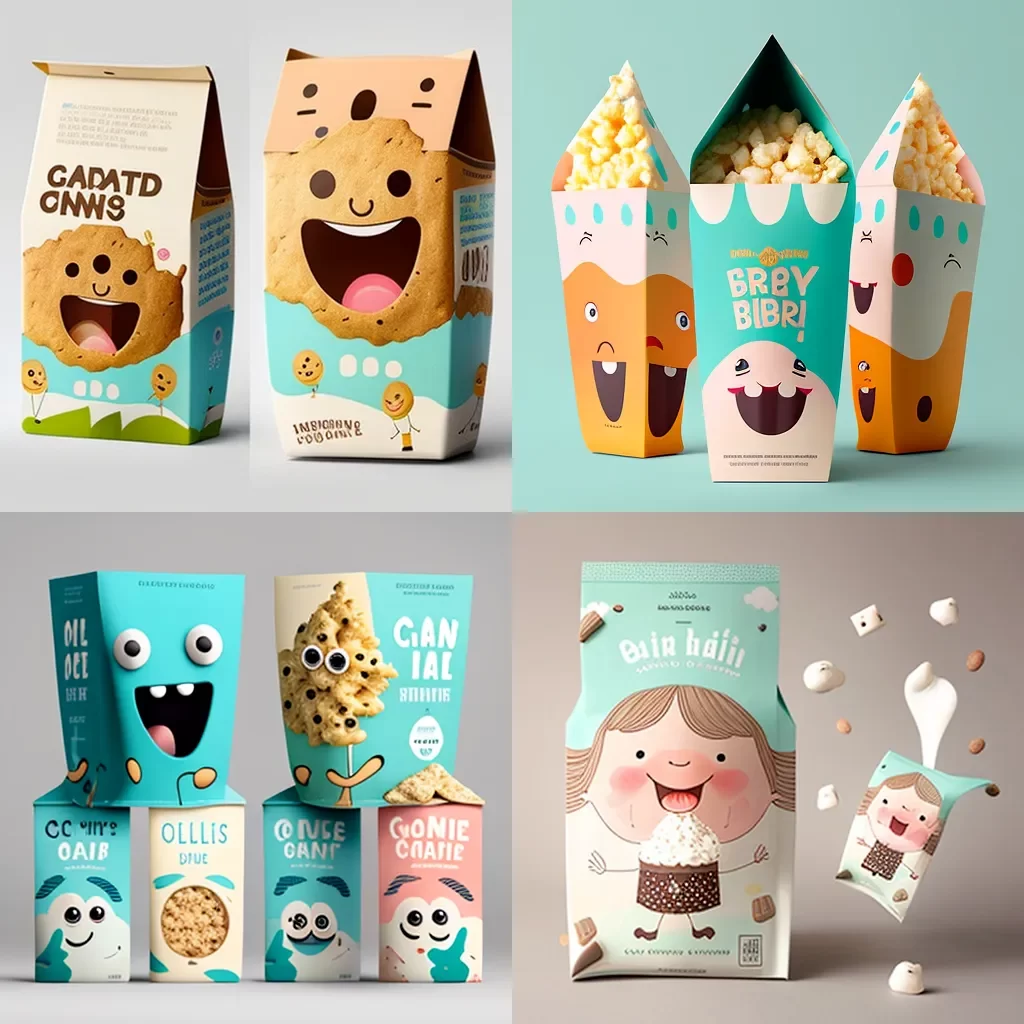
4. Retail and E-commerce
In the world of retail and e-commerce, packaging boxes are the first thing a customer sees when their order arrives. The unboxing experience can leave a lasting impression. E-commerce companies often invest in custom packaging to make their brand stand out and create a memorable experience for customers.
Key Points:
- Retail and e-commerce companies use packaging boxes for branding and customer experience.
- Custom packaging is a trend in the e-commerce industry.
- Well-designed boxes can lead to positive customer reviews and loyalty.
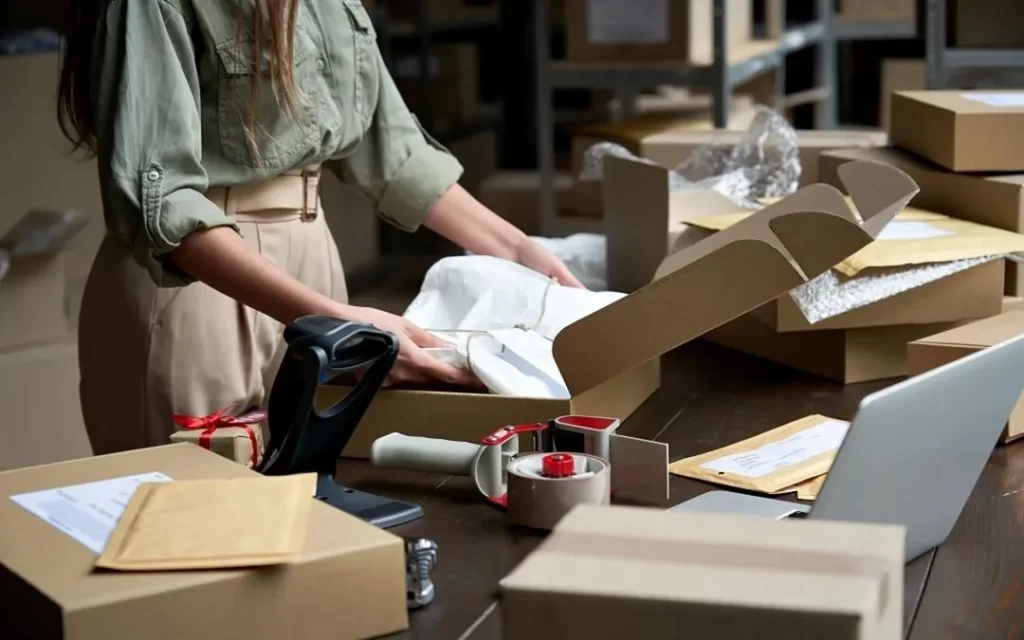
5. Pharmaceuticals and Healthcare
Packaging boxes in the pharmaceutical and healthcare industry are not only about aesthetics but, more importantly, about safety. They ensure that medicines and medical devices are tamper-proof and protected from external factors that may compromise their effectiveness.
Key Points:
- Packaging boxes in healthcare focus on safety and security.
- Tamper-evident packaging is crucial for pharmaceutical products.
- They often include instructions and dosage information.
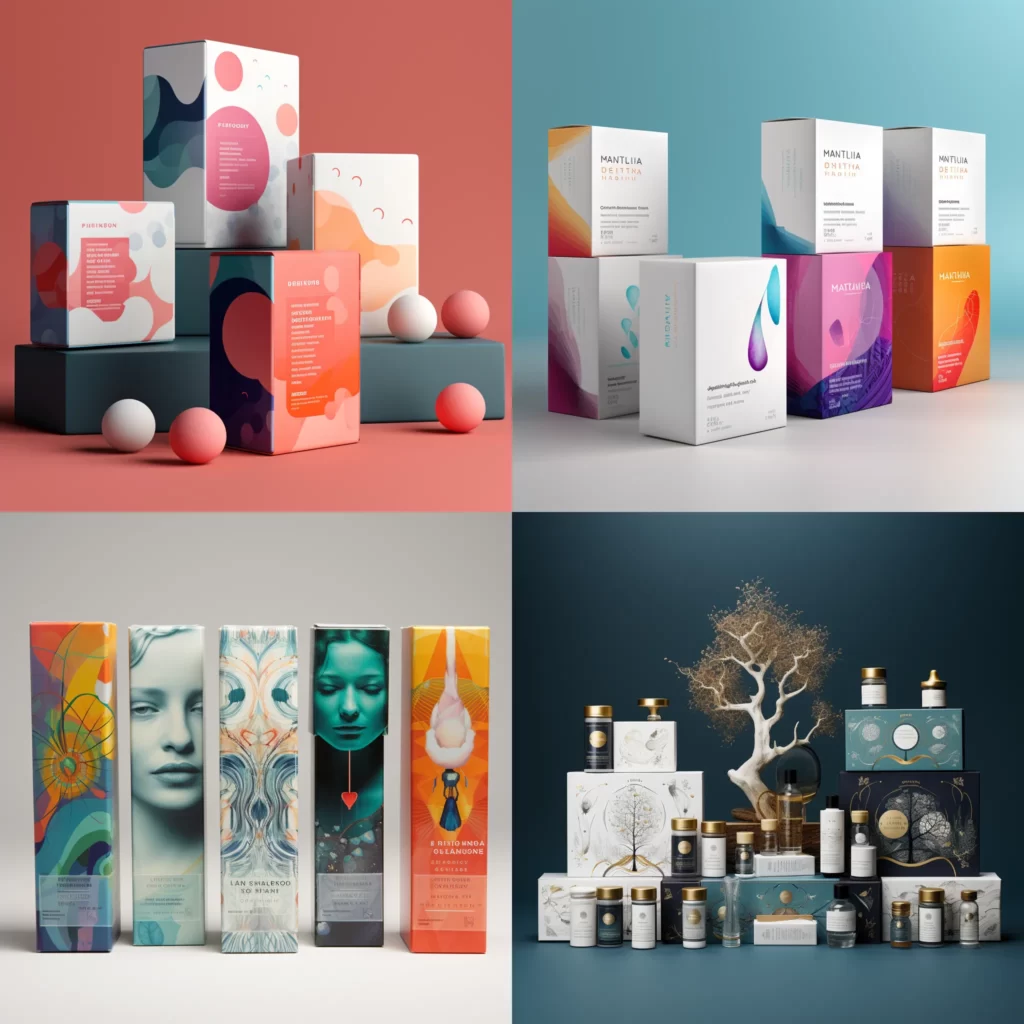
6. Automotive and Manufacturing
In the world of automotive and manufacturing, packaging boxes are essential for shipping and storing components and parts. They need to withstand rough handling and environmental conditions to ensure that the products inside are in perfect condition.
Key Points:
- Industrial packaging boxes are designed for durability and protection.
- They play a vital role in the supply chain of manufacturing.
- These boxes are often stackable and easy to handle.

7. Aesthetics and Marketing
The aesthetics of packaging boxes cannot be overlooked. They are a canvas for brands to convey their identity and message. A well-designed box can make a product more desirable and convey a sense of quality.
Key Points:
- Packaging boxes serve as a canvas for brand identity.
- Aesthetically pleasing boxes can influence purchase decisions.
- Creative designs make products stand out on the shelves.
8. Sustainability and Environment
The impact of packaging boxes on the environment is a significant concern. Many industries are moving towards eco-friendly and sustainable packaging solutions to reduce their carbon footprint. Sustainable boxes are not only good for the planet but also for a brand’s reputation.
Key Points:
- Sustainable packaging is gaining importance across industries.
- Eco-friendly materials and designs help reduce waste.
- Consumers are more conscious of environmental choices.

9. Customization and Branding
Custom packaging allows businesses to create a unique identity. Whether it’s a luxury brand using high-end materials or a small business with personalized, handcrafted boxes, customization is a powerful tool for branding.
Key Points:
- Customization sets brands apart and enhances recognition.
- It can be tailored to fit the product and the target audience.
- Small businesses can benefit from cost-effective customization.
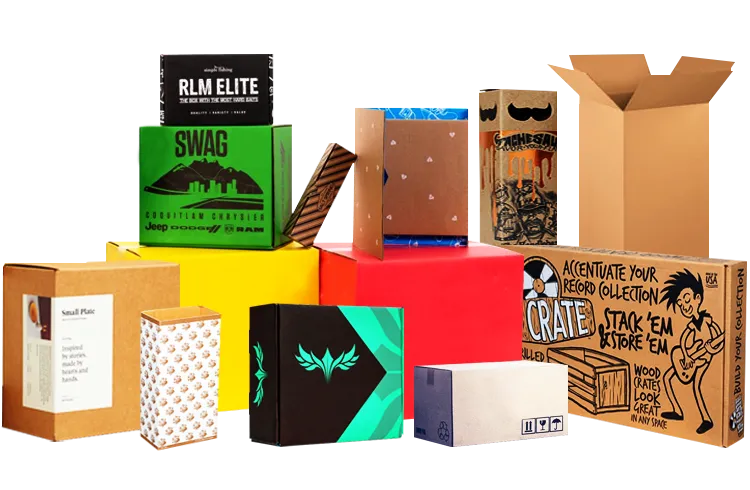
10. Conclusion
In conclusion, packaging boxes are not just containers; they are versatile tools that have a profound impact on various industries. From preserving the freshness of food to creating memorable unboxing experiences, their role is undeniable. As we move towards a more sustainable future, the packaging industry continues to evolve, making a positive impact on both businesses and the environment.
11. Frequently Asked Questions
Q1: How do packaging boxes contribute to brand recognition?
A1: Packaging boxes play a significant role in brand recognition by conveying a brand’s identity and creating a memorable unboxing experience for customers.
Q2: What is sustainable packaging, and why is it important?
A2: Sustainable packaging is eco-friendly packaging designed to reduce environmental impact. It is important because it helps protect the environment and enhances a brand’s reputation.
Q3: How are packaging boxes used in the pharmaceutical industry?
A3: In the pharmaceutical industry, packaging boxes are essential for safety, ensuring medicines are tamper-proof, and providing dosage information.
Q4: Why are well-designed packaging boxes crucial in retail and e-commerce?
A4: Well-designed packaging boxes are crucial in retail and e-commerce because they enhance the unboxing experience, leaving a positive impression on customers and encouraging loyalty.
Q5: What are the materials commonly used for packaging boxes?
A5: Common materials for packaging boxes include cardboard, paperboard, plastic, metal, and wood, depending on the product’s requirements.
In a world filled with products and brands vying for our attention, packaging boxes have a silent yet significant impact. They are the unsung heroes of the business world, quietly ensuring that products reach consumers safely and stylishly. Whether you’re in the food industry, healthcare, retail, or manufacturing, the right packaging box can make all the difference. So, the next time you unbox a new purchase, take a moment to appreciate the thought and care that went into that simple, yet remarkable, packaging box.

